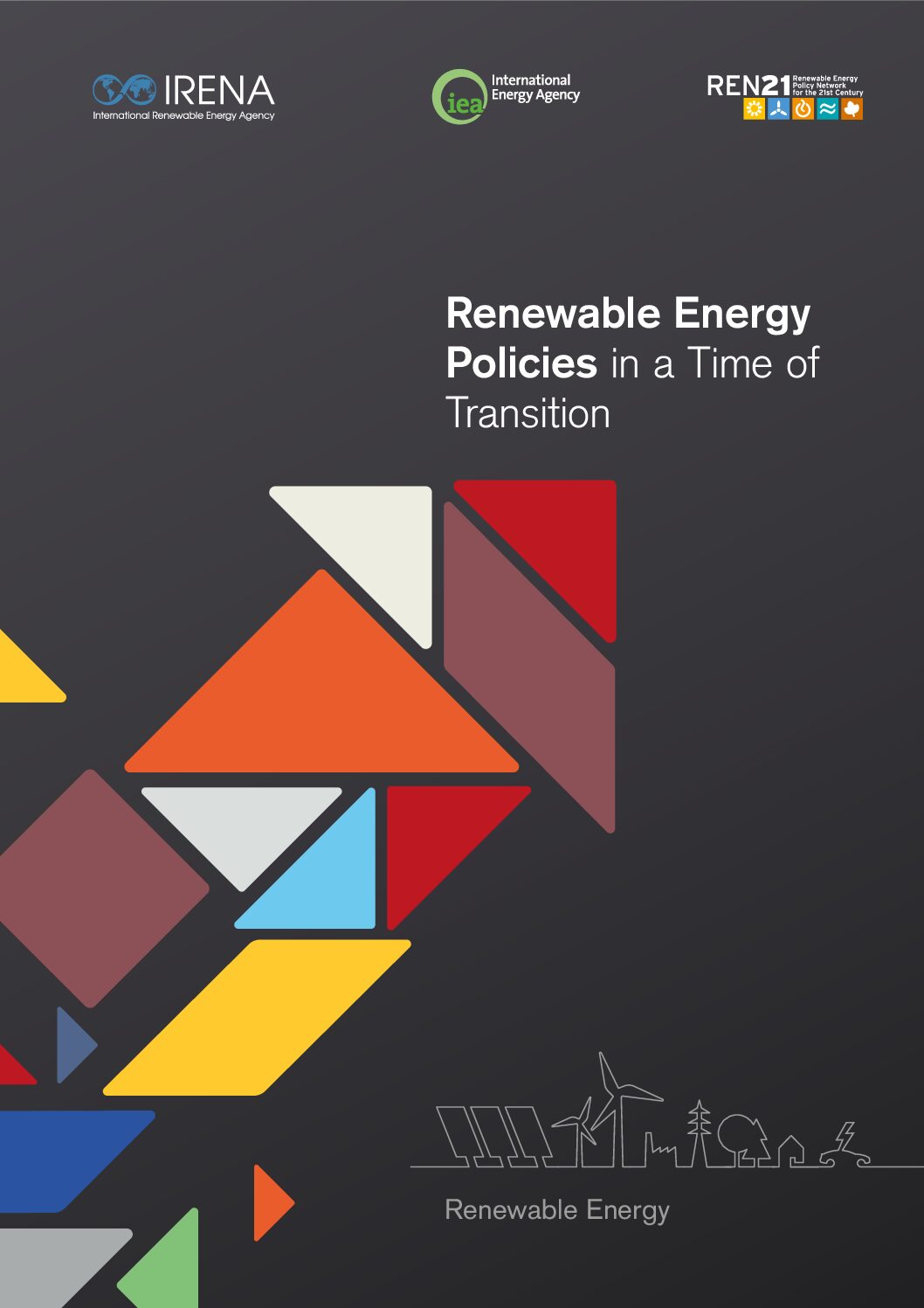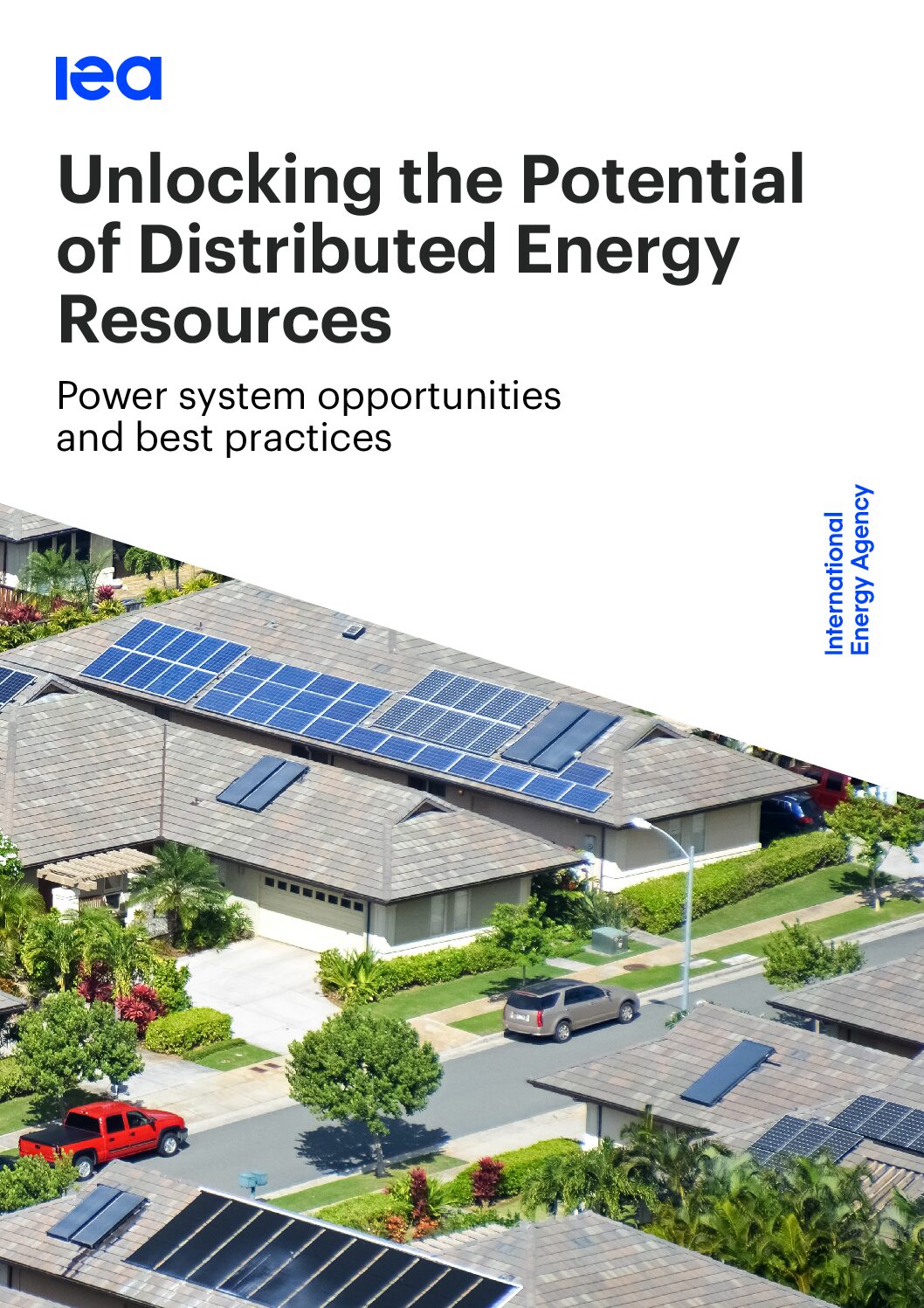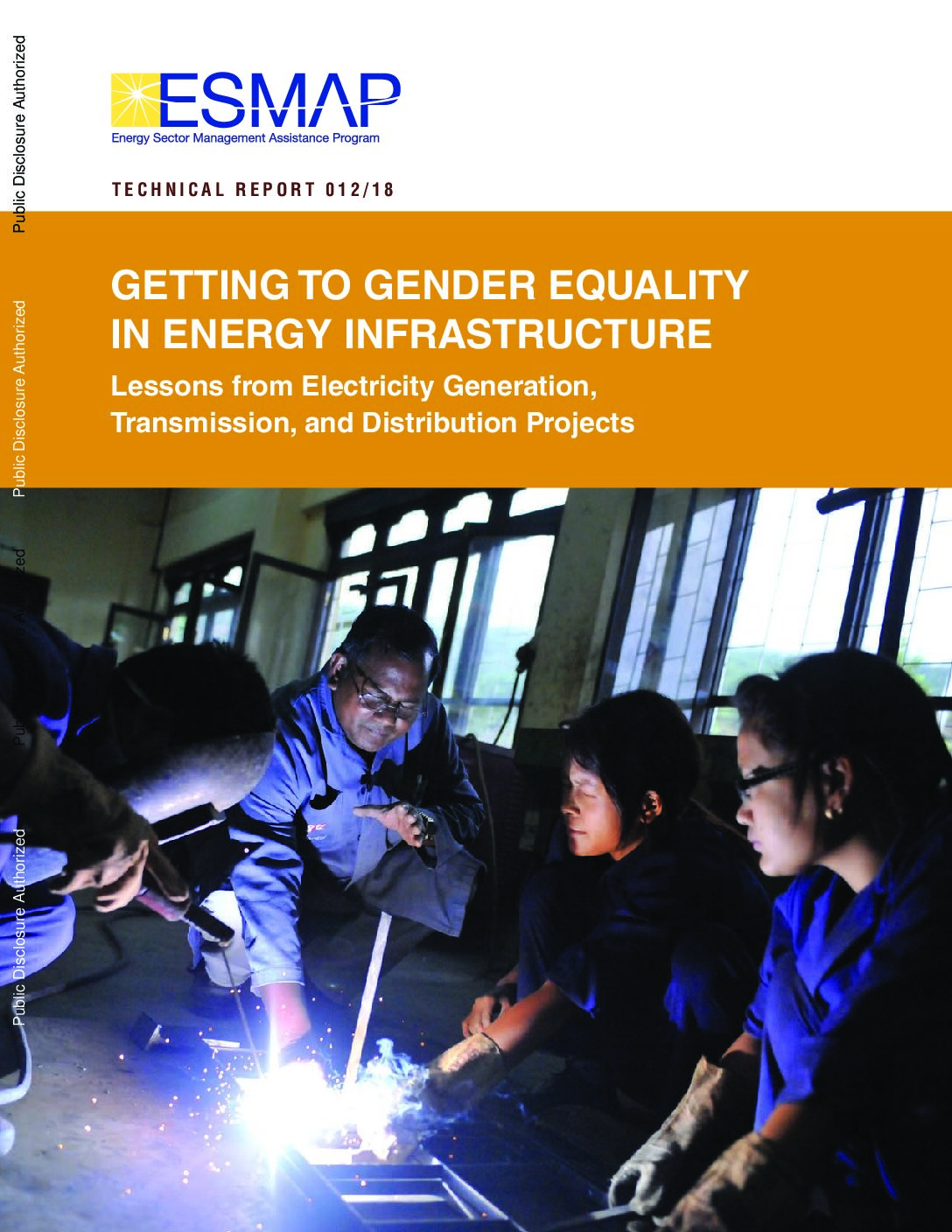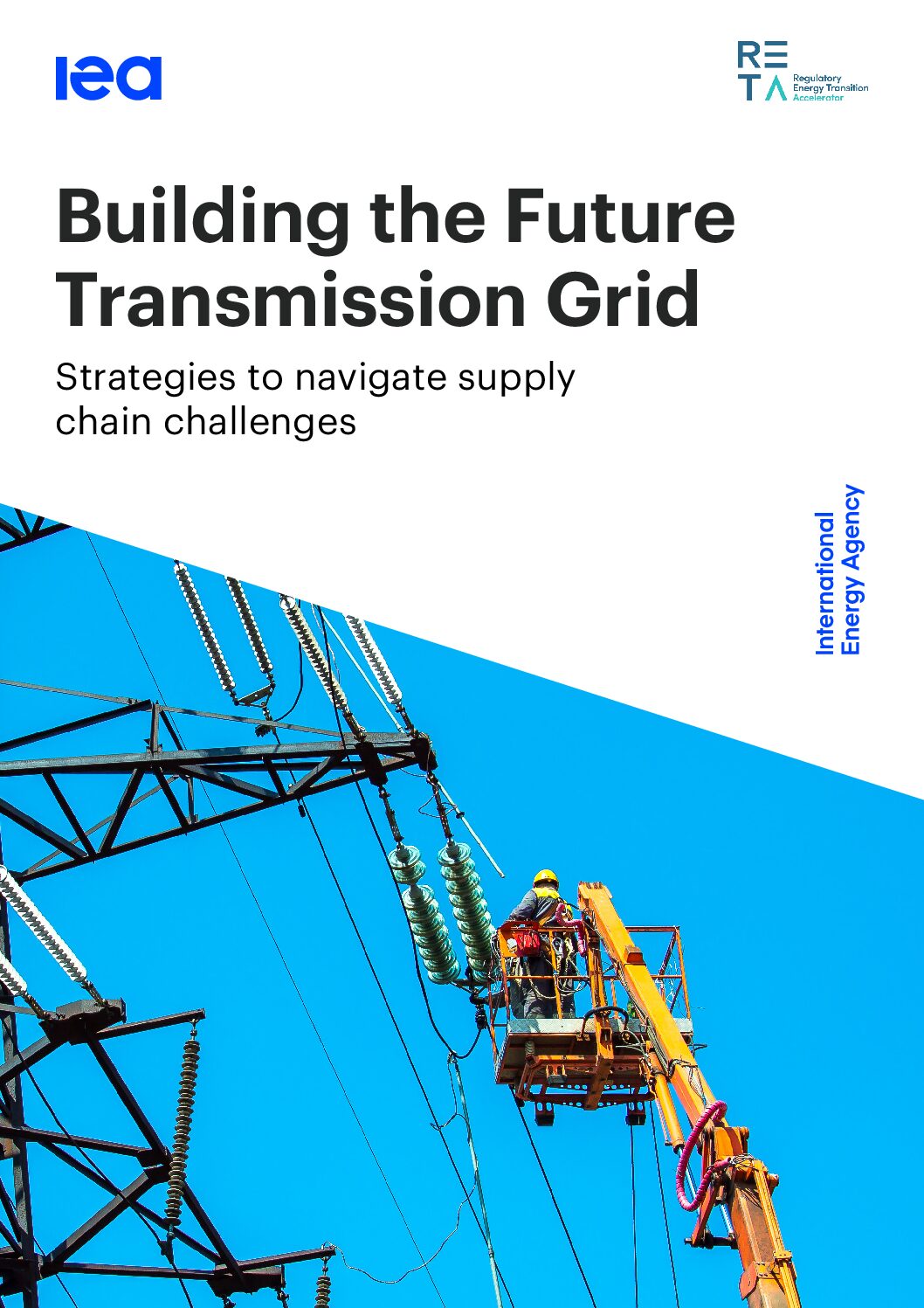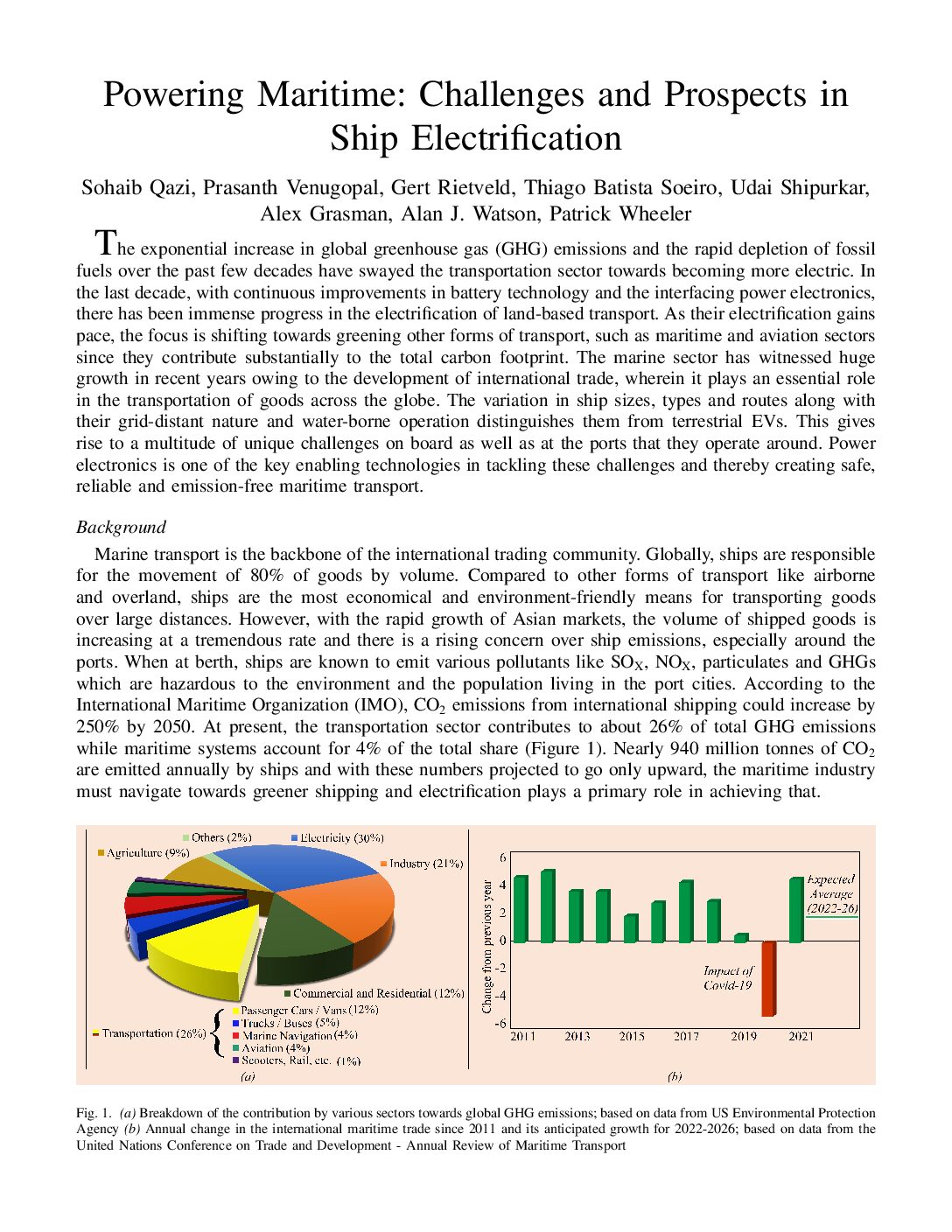This slide deck, part of an online course, gives a brief but thorough overview of business models for off-grid solar energy, looking in particular at pay-as-you-go models, and presents insights into the investment landscape for off-grid solar companies.
This publication aims to provide policymakers with a comprehensive understanding of the diverse policy options to support the development of renewables across sectors, technologies, country contexts, energy market structures, and policy objectives.
This report discusses how distributed energy resources can improve energy systems, and how energy systems must change to accommodate them.
This webpage provides an introduction to smart grids, an overview of recent progress and recommendations for governments and utilities.
This report by the World Bank’s Energy Sector Management Assistance Program (ESMAP) shares opportunities, challenges and good practices related to advancing gender equality in electricity infrastructure projects.
This very recent IEA report explains the need to invest more in grid infrastructure. Read the Executive Summary on pages 7-10 for a brief overview of challenges related to quickly rising demand for transformers and cables, which have led to increased waiting times and higher prices.
This research paper gives an overview of the technical challenges for both ports and shipping companies associated with the electrification of shipping, and explains how electric ships could work.
The Industrial Deep Decarbonisation Initiative, established by the UN Industrial Development Organization (UNIDO) and the Clean Energy Ministerial, is a coalition of governments and companies. Among its goals, it seeks to motivate governments, which are major buyers of steel, cement and concrete for infrastructure projects, to apply sustainable procurement principles and prioritise the buying of […]
This executive summary gives a brief overview of global solar PV supply chains, with a lot of data and interesting visuals.
This report dispels myths about geopolitical issues around the need for critical materials for the energy transition, and concerns about dependency.


